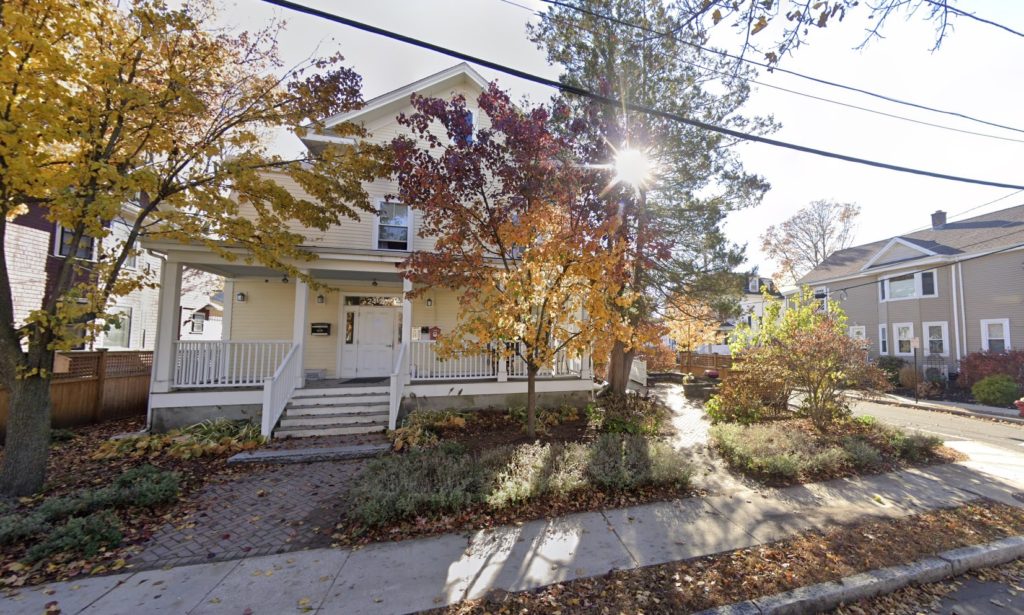On March 7th, the Melrose Office of Planning & Community Development submitted a Housing Production Plan to the city council for review. A Housing Production Plan (HPP) is a specific document, codified under Mass general laws, which helps communities understand their specific housing needs, with an eye towards developing a more diverse mix of affordable units. The proposed plan was developed with the help of MAPC and a committee made up of resident volunteers, and was informed by multiple community forums and surveys. Many of our members and officers participated in these forums and surveys, and our committee endorses the HPP and encourages the council to adopt it. You can read our letter below.
Date: March 14th, 2022
To: Melrose City Council
Subject: Support for Housing Production Plan
We write to you as members of the Melrose Pedestrian and Bicyclist Committee (PBC) to endorse the passage of this Housing Production Plan (HPP). This plan is comprehensive and data-rich; it serves as a worthy guide for illuminating the many strategies we have before us for creating and protecting affordable units while also diversifying the city’s housing stock. We urge you to pass it so that Melrose can accelerate its work on a subject which is clearly of great community interest.
Our committee cares about this subject because we believe our city’s housing policies directly affect our built environment. Larger lot sizes, more parking lots, and greater distances between amenities create less-walkable communities. We should ensure that our zoning, and our policies and guidelines, discourage them. Further, walking and biking are simply the most affordable ways to get around Melrose. In a community where one in three households are housing cost-burdened, this matters deeply. We must provide safe, affordable housing for more lower-income residents, and we must ensure they have access to safe and affordable transportation as well.
We would like to call the Council’s attention to two areas of the plan we feel are critical.
Place the Community Preservation Act (CPA) on the ballot. The legislation enabling the CPA was passed in Massachusetts over two decades ago. Melrose is in the minority of cities and towns which have not chosen to adopt it. To date, the state’s trust fund has paid out over 800 million dollars for, amongst other things, the creation of affordable housing units. Almost ten thousand new affordable units have been created through this funding, with another fifteen thousand supported. Melrose has forgone over one million dollars in state matching funds which could have been used for these purposes. The CPA can be passed so as to exempt low-income individuals and households, including seniors, from having to pay a single cent more in taxes. 50% of respondents to the HPP survey call the CPA a high priority – and a clear majority of respondents support its passage. As the Plan makes clear, there is simply no better source of consistent funding available to us. We encourage the Council to put this question before the city’s voters.
Proactively “Close the Gap” on two-family and multifamily zoning. In 2020, the state legislature passed an economic development package which made several changes to the state’s Zoning Act. These changes were designed to make it easier to build new housing, and they allow for the City Council to pass certain zoning amendments by a simple majority rather than the two-thirds vote historically required. The Council could pass numerous Plan recommendations via simple majority – for example, allowance of Accessory Dwelling Units; allowance of more different types of housing in more areas of the city; and a reduction in required off-street parking spaces so as to allow for more housing units on a given lot.
These changes put special responsibilities on communities like Melrose which have access to MBTA service. So-called “MBTA Communities” must meet specific thresholds for multifamily zoning around transit stations. We urge you to work with the Planning Board to update the public on whether or not our current zoning is compliant and, if necessary, to use the Housing Production Plan as a tool to prioritize any zoning changes necessary to bring us into compliance.
We thank you for your time and consideration, and our members look forward to continuing to engage with the Council and Planning Board on these issues of critical importance.

